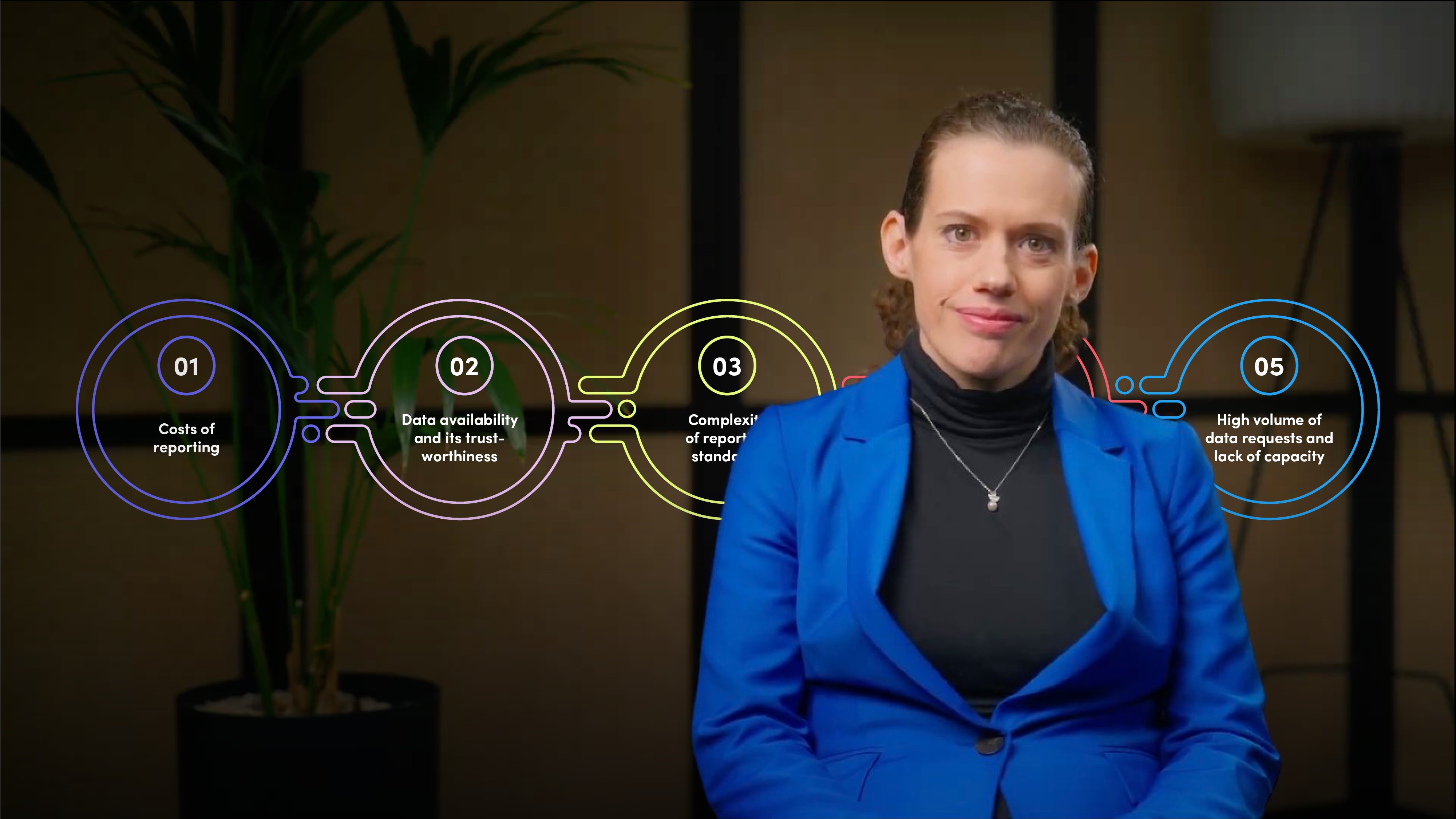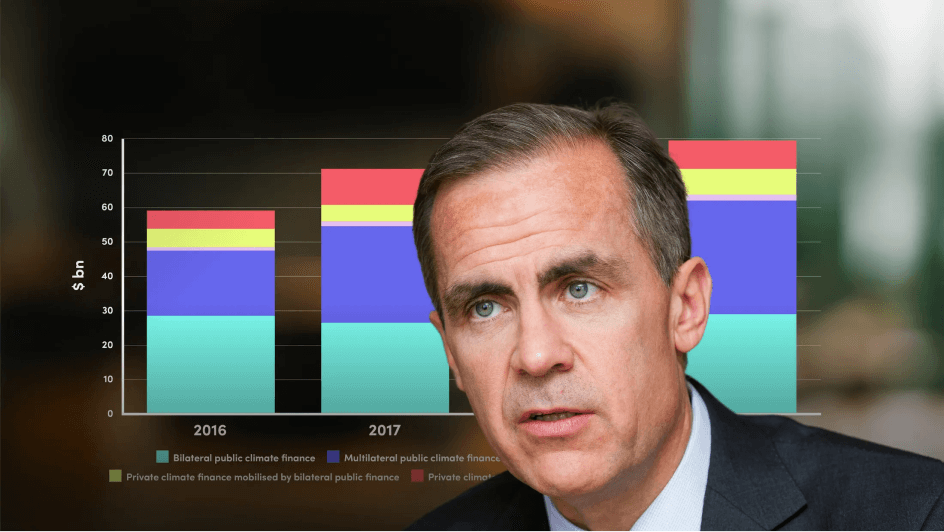
Why Are SMEs Important for the Climate Transition?

Elisa Moscolin
Executive Vice President for Sustainability and Foundation
In this video, Elisa delves into the vital role of small and medium-sized enterprises (SMEs) in the global economy and their significant environmental impact. She discusses the pressures driving SMEs to adopt sustainable practices, including stakeholder expectations and the benefits of climate action. Additionally, she highlights the barriers SMEs face in measuring and reporting their emissions and propose actionable strategies for supporting their decarbonisation efforts.
In this video, Elisa delves into the vital role of small and medium-sized enterprises (SMEs) in the global economy and their significant environmental impact. She discusses the pressures driving SMEs to adopt sustainable practices, including stakeholder expectations and the benefits of climate action. Additionally, she highlights the barriers SMEs face in measuring and reporting their emissions and propose actionable strategies for supporting their decarbonisation efforts.

Why Are SMEs Important for the Climate Transition?
14 mins 20 secs
Key learning objectives:
Understand the environmental impact of SMEs on global emissions and supply chains
Identify the drivers motivating SMEs to adopt sustainable practices
Outline the barriers SMEs face in measuring and reporting sustainability impacts
Overview:
SMEs contribute significantly to greenhouse gas emissions, accounting for 44% of the UK’s non-household emissions and a substantial share of the global carbon footprint. Understanding this impact is crucial for addressing climate change effectively.
Key drivers include regulatory pressure, customer demand for sustainable products, financial incentives from investors, and the need for brand recognition. These factors compel SMEs to engage in climate action to enhance their competitiveness and meet stakeholder expectations.
- Not enough cashflow to invest
- Complex government policie
- Difficulty influencing supply chains
- Cost and difficulty in measuring progress and reporting impact
- Costs of reporting
- Data availability and its trustworthiness
- Complexity of reporting standards
- Lack of capability or knowledge
- High volume of data requests and lack of capacity

Elisa Moscolin
There are no available Videos from "Elisa Moscolin"





















